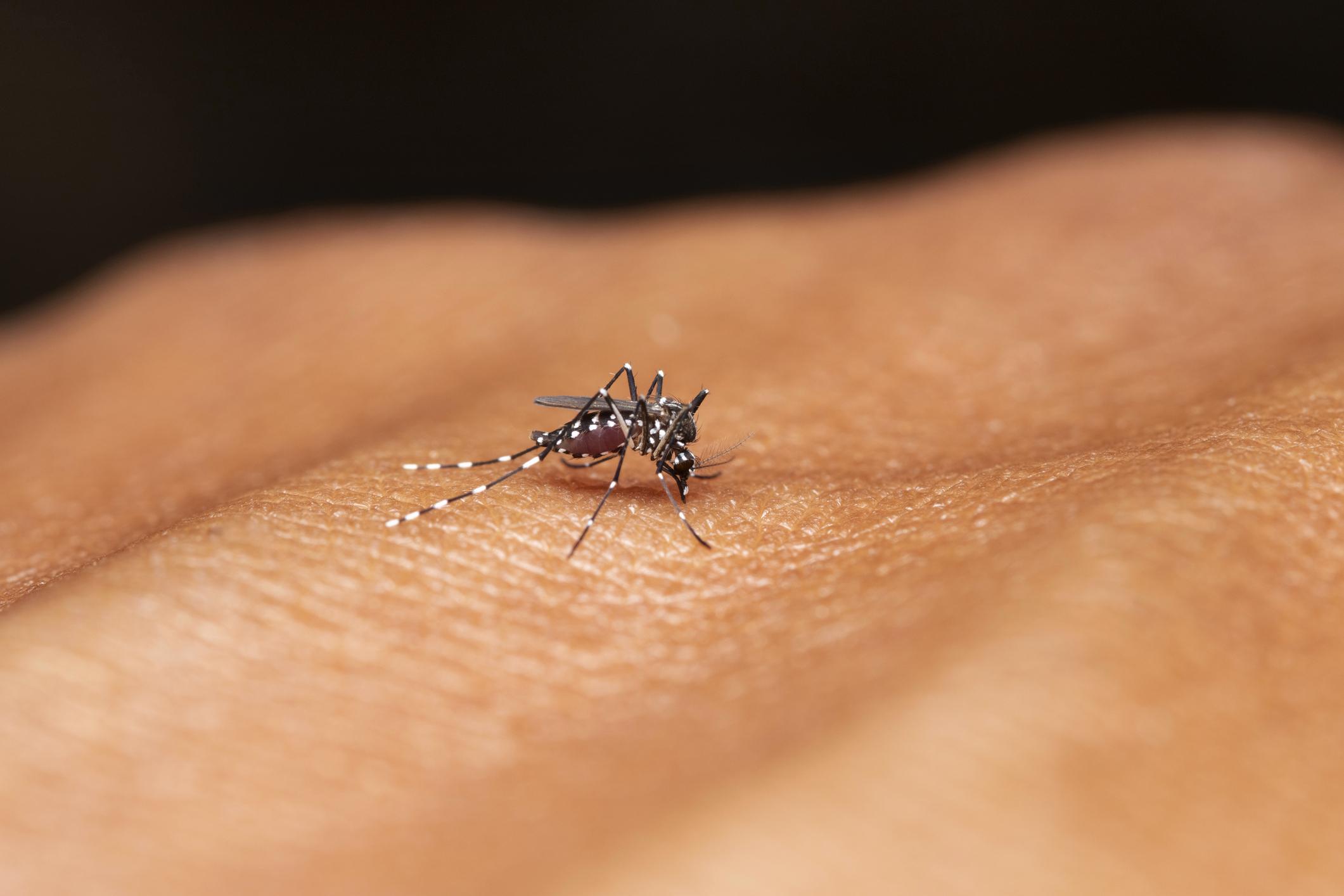The health dangers of sugar are far from unknown. This is why the World Health Organization and other health authorities have recommended limit the consumption of free or added sugars less than 10% of total daily energy intake.
Diabetes, obesity, cancers… A meta-analysis having identified several thousand studies on the harmful effects of sugar and published in The BMJ April 5, 2023 counted all the negative effects of sugar on our health. A total of 73 meta-analyses and 8,601 studies covering child and adult health were scanned, and the researchers identified no less than 45 pathologies.
The goal of the researchers? Assess the quality of existing evidence as comprehensively as possible. Thus, they observed associations between excessive consumption of dietary sugar and:
- 18 endocrine or metabolic diseases, including diabetes, gout and obesity;
- 10 cardiovascular diseases including high blood pressure, heart attack or stroke;
- 7 cancers, including breast, prostate or pancreas;
- 10 other pathologies including asthma, dental caries or depression.
In the worst cases, the researchers found a significant association between excessive sugar consumption and death.
Limit sugary drinks
So what foods to avoid? For example, the consumption of sugary drinks (sodas, but also fruit juices and smoothies) was significantly linked to an increase in body weight compared to the lowest consumption. Consumption of foods with added sugars (candies, candies, cakes) as opposed to no consumption was linked to an accumulation of fat in the liver and muscles.
One serving per week of sugar-sweetened beverages was associated with a 4% increased risk of gout, and each increase of 250 mL per day was associated with a risk of gout. 17% higher coronary heart disease and 4% higher death. An increase of 25g per day in fructose intake increased the risk of pancreatic cancer by 22%.
The researchers then suggest “to reduce the consumption of free sugars or added sugars to less than 25 g/day (approximately six teaspoons per day) and to limit the consumption of sugary drinks to less than one serving per week (approximately 200 to 355 ml/ week)”indicates a communicated.
“To change sugar consumption habits, especially for children and adolescents, a combination of education and widespread public health policies around the world is urgently needed.“, concluded the researchers.
Source :
- Dietary sugar consumption and health: umbrella review, The BMJApril 5, 2023


















